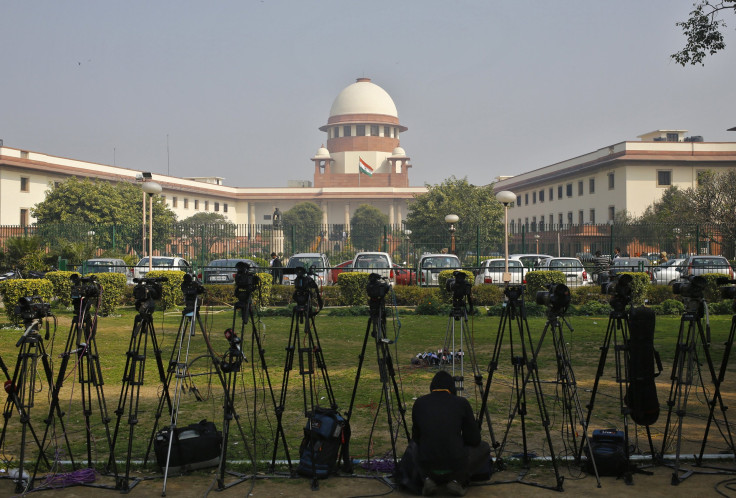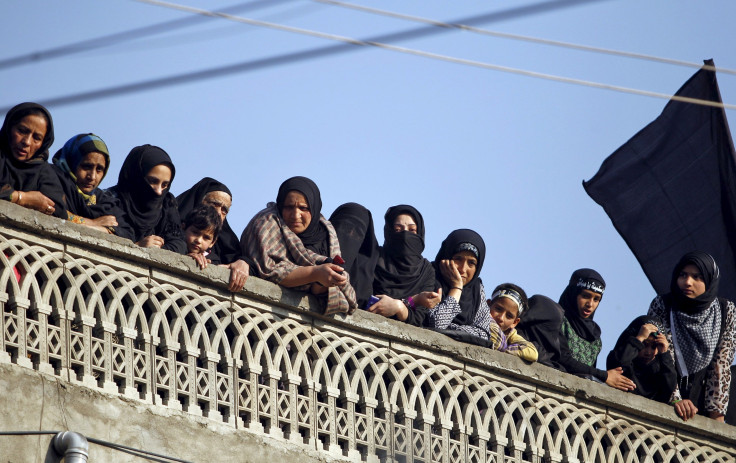India's Supreme Court To Examine Muslim Divorce Law For Gender Discrimination

India’s Supreme Court will examine its Muslim divorce laws and consider shedding provisions that discriminate against women, the Hindustan Times reported. On Tuesday, two Supreme Court justices ordered the registration of a public interest litigation, and requested Chief Justice H.L. Dattu consider whether Muslim women's constitutional rights are violated by practices such as polygamy and arbitrary divorce, which are permitted under Muslim divorce laws. India’s legal system maintains separate personal laws for each religion that governs marriage.
Justices Anil R. Dave and Adarsh Kumar Goel have sought a reply from the attorney general and the National Legal Services Authority of India by Nov. 23. In their ruling, Dave and Goel wrote that Muslim women have no safeguard against arbitrary divorce and second marriages by their husbands, actions that deny the women dignity and security.
“In spite of the guarantee of the Constitution, Muslim women are subjected to discrimination,” the justices wrote. Under India's Constitution, it is illegal to discriminate on the basis of sex.
The order comes 30 years after the Supreme Court awarded alimony to Shah Bano, a 60-year-old divorced Muslim woman. But that verdict was overturned by then-Prime Minister Rajiv Gandhi’s government in 1986 after the clergy and the Muslim Personal Law Board fought back against the court’s ruling.

In India, Muslim personal law has remained mostly untouched over time, despite Hindu family laws being updated in the 1950s. Activists have long criticized Muslim personal law for allowing polygamy, and for the rule that two female witnesses equal one male witness in a marriage.
Experts have praised the justices’ efforts to reconsider Muslim personal law. Tahir Mahmood, an Islamic scholar and former chairman of the National Commission for Minorities, told the Hindustan Times that the idea that Muslim personal law is covered under the constitution’s protection of religious freedom is a misconception.
“There is no doubt in practice Muslim women are discriminated against. The legislature has done nothing to end it. The SC must take cognizance of such discrimination and do something for them,” he said.
© Copyright IBTimes 2025. All rights reserved.





















